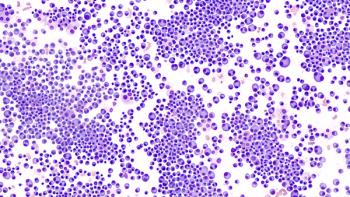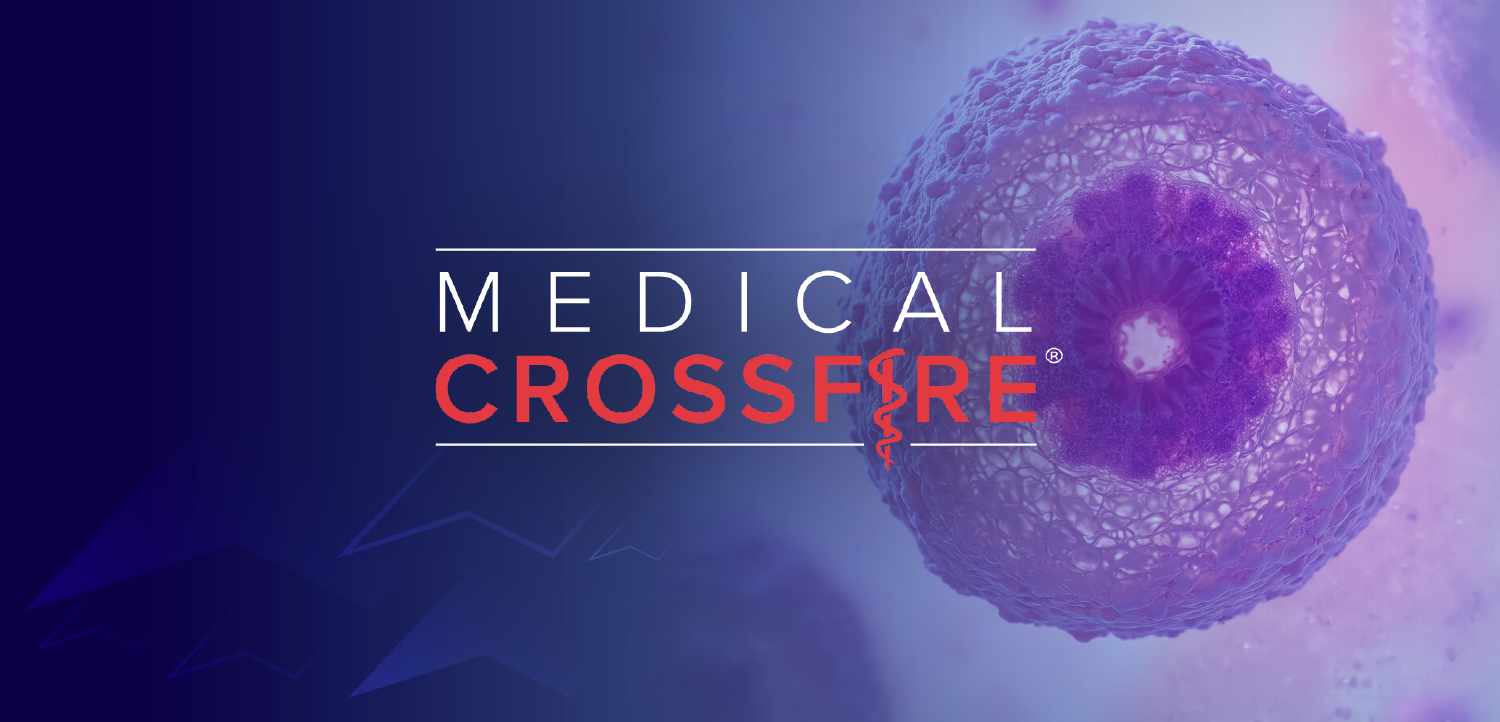
Healthcare Teams Need to Learn More About Biosimilars
A general lack of understanding of biosimilar drug terminology among clinicians, constantly evolving regulatory guidance, and the processes of prescribing and dispensing biosimilars is concerning, says the American Society of Clinical Oncology.
Biosimilars have been developed and marketed as competitive, lower-cost alternatives to newer biologic treatments. To date, the US Food and Drug Administration (FDA) has approved eight biosimilar products for use in the United States. The latest,
ASCO stated that there is a need for clinical standards and postmarket reports to supplement current evidence supporting the safety and efficacy of biosimilars, and oncologists play a vital role in post-marketing assessment of these agents.
Oncologists, as well as patients, need to be aware of biosimilar regulations; interchangeability of a product is determined at the federal level after FDA review but drug substitution is regulated at the state level. To effectively choose, prescribe, or administer biosimilars, it is important that all members of the healthcare team (eg, oncologists, oncology nurses, pharmacists) understand the comparative risks and benefits of biologic products.
With biosimilars, the name alone may not be enough to help providers differentiate between products. Education is needed to inform, promote, and use biosimilar products in a clinically appropriate and cost-effective way. Patient education also should be provided, and efforts should be made to increase public awareness of biosimilars.
Newsletter
Knowledge is power. Don’t miss the most recent breakthroughs in cancer care.

















































































